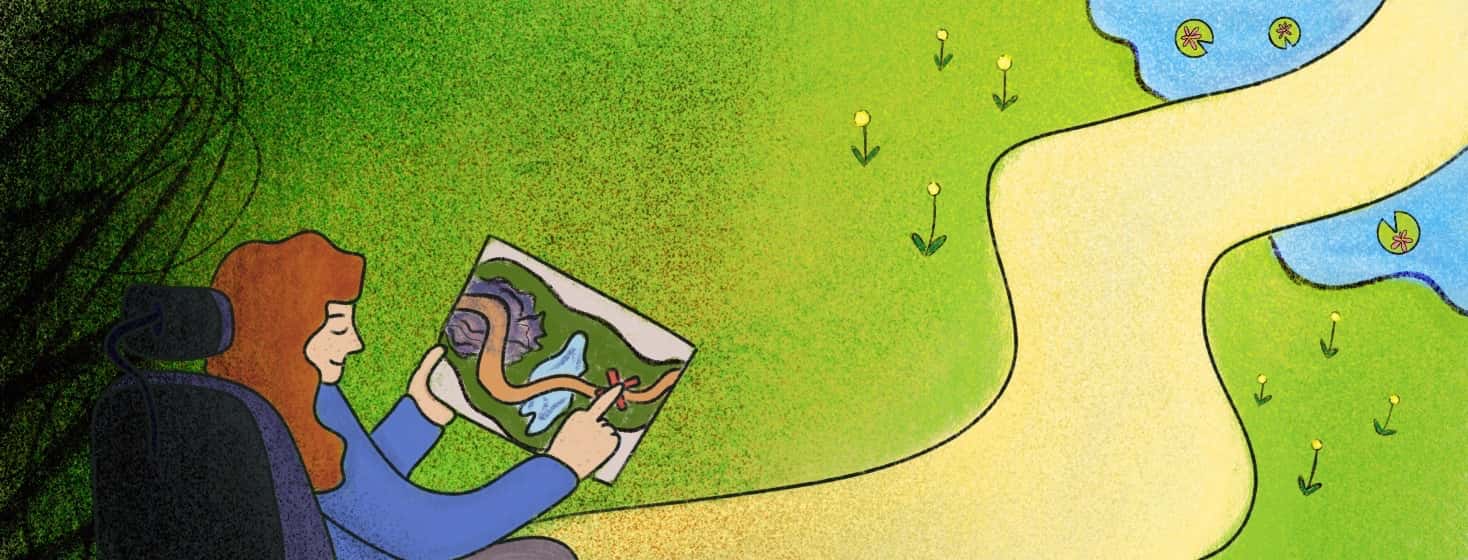Disability Does Not Make You Immune to Hardship
Recently, I have had a huge life transition and not a positive one. I feel society often thinks that disabled individuals do not go through hardship. That we don’t have the same problems as everyone else.
We have to handle life's problem's, too
Ableism has allowed for us to not be seen as humans. I am going through a very common and very human transition right now. My ex-husband and I separated about a year ago.
We had been together for over a decade. We have a daughter together. He was my primary caregiver, as I have spinal muscular atrophy. It left me with having to figure out how I was going to be a single mother, and put together a new caregiving team, all while grieving what I thought my life would look like.
My disability adds another layer of difficulty
Transitions in life are difficult. Period. You find strength you didn’t know you had when you hit the bottom. My disability added another layer to this transition. I was forced to learn how to trust others with my care. I needed to figure out what kind of help I would need and how long certain things would take. I had to become a boss. Conducting interviews, making schedules, and doing payroll. All of this to get my basic needs met.
Tips to handle the transitions in life
There were a few important pieces of advice I can give in order to thrive in big transitions like this:
- Be open to change. Often, we resist change as humans as a way to keep us comfortable. People with disabilities rarely get to be comfortable and are no strangers to change. Remember you’ve had to change over and over in life to adapt to different limitations your disability has presented you with. You are more than capable.
- Rely on others. It feels hard to rely on others around you even more than you already do as a disabled individual. It’s more than ok to need help and you should not feel shame about it. Find someone who has already been through your type of transition. Follow their roadmap. There’s no sense in reinventing what has already been done.
- Be kind to yourself. You matter. Your needs matter. You deserve to show up for yourself. Seek resources such as therapy if you are struggling.
- Take it step by step. I find lists to be extremely helpful when I am overwhelmed. People with disabilities are often great problem solvers. This is just another problem to be solved. Knowing where you want to get will help you come up with the steps you need to get there.
- Recognize your achievements. Give yourself some credit where credit is due. Transitions can take a while and you will change and grow a lot in that time. Don’t forget to acknowledge your hard work.
As disabled individuals we have a pretty great toolbox already of ways to cope with transitions. Don’t under estimate yourself. You deserve to come out on the other side happy, healthy, and fulfilled. I’m here with a map if you need it.

Join the conversation